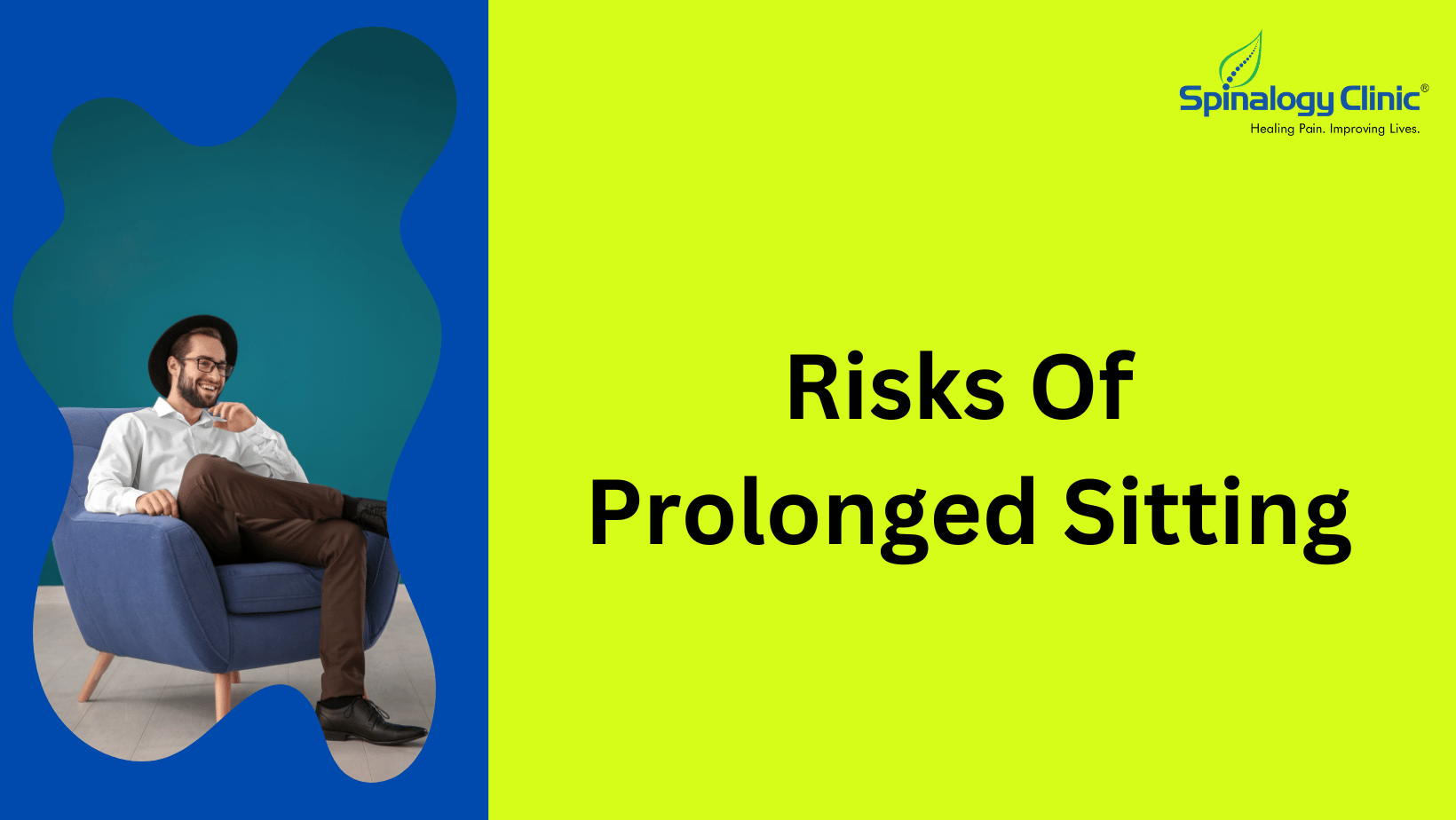Risks Of Prolonged Sitting
Sitting is a position that barely uses energy when contrasted with standing and running, and has been linked to a number of health concerns. A number of health abnormalities caused by sitting for prolonged periods of time are obesity, cardiovascular diseases, cholesterol, high blood pressure, cancer, and even anxiety and depression. Our jobs mostly require sitting for 8-10 hours per day and those who do no physical activity after sitting for so long are at a higher risk of dying early. It also leads to a higher deposit of fat in the lower waist area. Sitting has become a new disease.
According to a study, deaths due to prolonged sitting have been compared to mortality as a result of obesity and smoking, which accounts for a large number of deaths in the world. Some studies even suggest that people who are physically active face no side-effects of sitting. Thus, in order to counter the effect of too much sitting, you should perform at least 1 hour of physical activity. The exercise sessions can be moderate to intense depending upon your fitness level. Although there’s enough evidence to prove the benefits of exercise, there’s not much to show how sitting really affects the mortality rate in a certain population.
So it is pretty clear that more physical activity and short periods of sitting contribute to a healthier life. One way if doing this is to prefer walking or standing for tasks that can be done without sitting. Stretching after long durations of work in front of a computer can also be a relief to the body.
There are certain measures that you can take to protect your body from the adverse effects of sitting.
- Stand whenever possible, such as while reading the newspaper or watching TV.
- For those with desk jobs, try to take a break after every 40 minutes.
- Stretch after a long sitting session to relieve tension in the neck and muscles. Follow desktop stretches.
- Try to stay in motion throughout the day with adequate rest even to the legs. You can try using a custom treadmill where you can work and keep your body in motion too.
If you keep your body even moderately active during the day, it reduces the risk of heart problems and other diseases. Prolonged periods of inactivity can make you feel drained and constantly fatigued. Your bones weaken over time and you will also experience difficulties in the bowel function, which is very common with bed-ridden people.
Thus in order to balance the side-effects of your sitting oriented lifestyle, add physical activity into your routine as much as possible. Walk, run, and cycle as often as possible and try to take the stairs instead of the elevator when going to work. Walking meetings are gaining popularity in many big cities because it helps to maintain the work-stress balance as well as encourages physical activity. Thus, maintain your physical as well as mental well-being by sitting less and walking more. Especially as you grow older adding yoga and other workouts into your daily routine can be highly beneficial for increasing your overall life quality.

_1747226427_1751827070.png)
_1744793045_1751827442.png)
_1743751136_1751830603.png)
